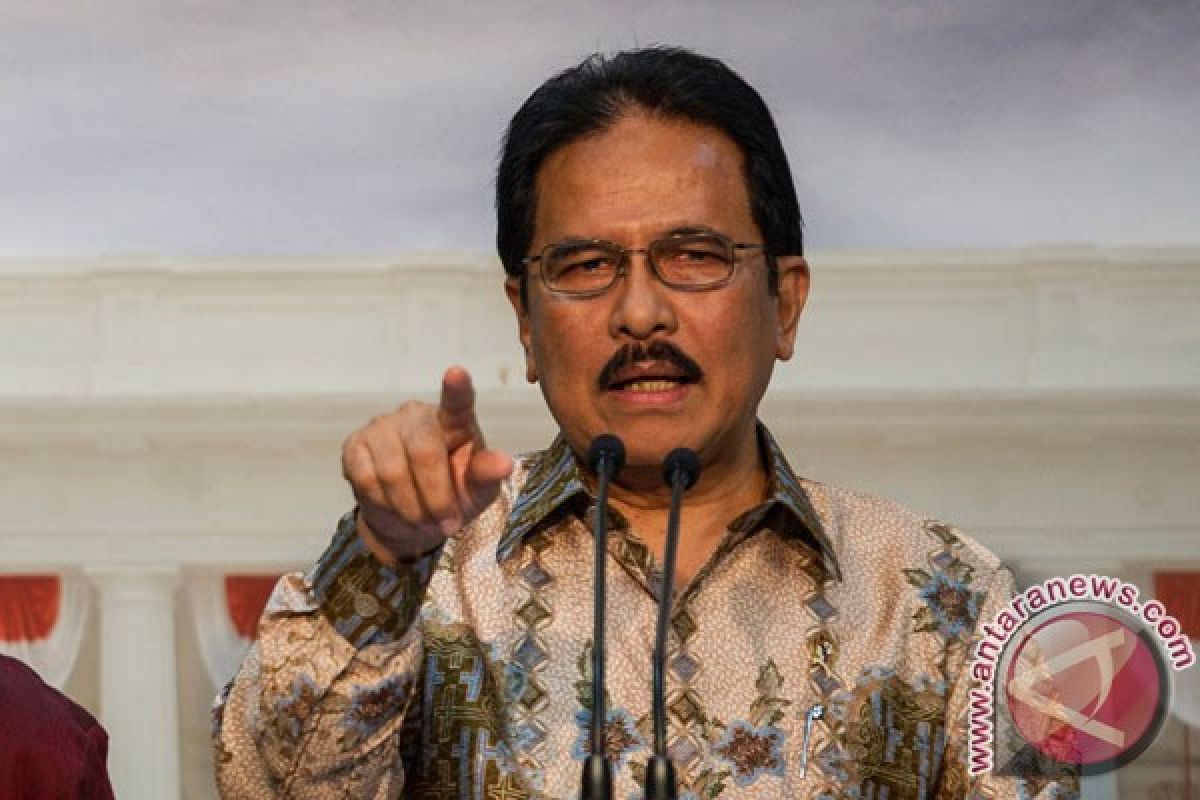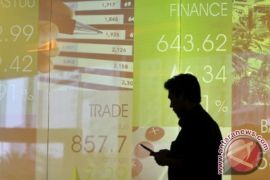The rupiah weakened after remaining stagnant during the opening trading session."Jakarta (ANTARA News) - The Indonesian rupiahs yearlong fluctuating exchange value against the US dollar is still normal, and the central bank can anticipate it, Indonesian Coordinating Minister for Economy Sofyan Djalil stated.
"The rupiahs fluctuation is still normal, and I think it will not be a major problem," the minister noted here on Thursday.
Sofyan made assurance that the central bank is constantly monitoring the fluctuation in the rupiahs exchange rate that is currently around Rp13 thousand per US dollar and is still not a matter of concern.
However, Sofyan affirmed that the currency tends to be undervalued due to its constant weakening against the US dollar. Moreover, the global currency is now affected by the strengthening of the US dollar due to the recovery in the US economy.
"Despite this, many have said that the rupiah is undervalued, and it is the result of several uncertain factors, such as the unfinished crisis in Greece and the condition of the US economy also affecting the global currency," Sofyan pointed out.
The minister also expressed confidence that the government is helping the central bank, Bank of Indonesia, in monitoring the currencys exchange rate within the acceptable boundaries by fixing the current account to maintain the countrys fundamental economy.
The current rupiah exchange rate during Jakartas interbank transactions on Thursday weakened 19 points to reach Rp13,370 per US dollar.
"The rupiah weakened after remaining stagnant during the opening trading session. The US dollar has appreciated yet again in the domestic market, following several domestic economic indicators that are still relatively slowing down," emphasized Research Chief of NK Korindo Securities Indonesia Reza Priyambada.
Reza stated that the central banks projection regarding the economic growth during the second trimester of 2015 is close to the realization of the economic growth in the first trimester, which is 4.71 percent, thereby indicating that the domestic economy is still slowing down.
The domestic economy is expected to improve in the second trimester of 2015, following increased absorption of the governments capital expenditure for infrastructure development.
(Uu.A050/KR-BSR/A014)
Editor: Priyambodo RH
Copyright © ANTARA 2015











